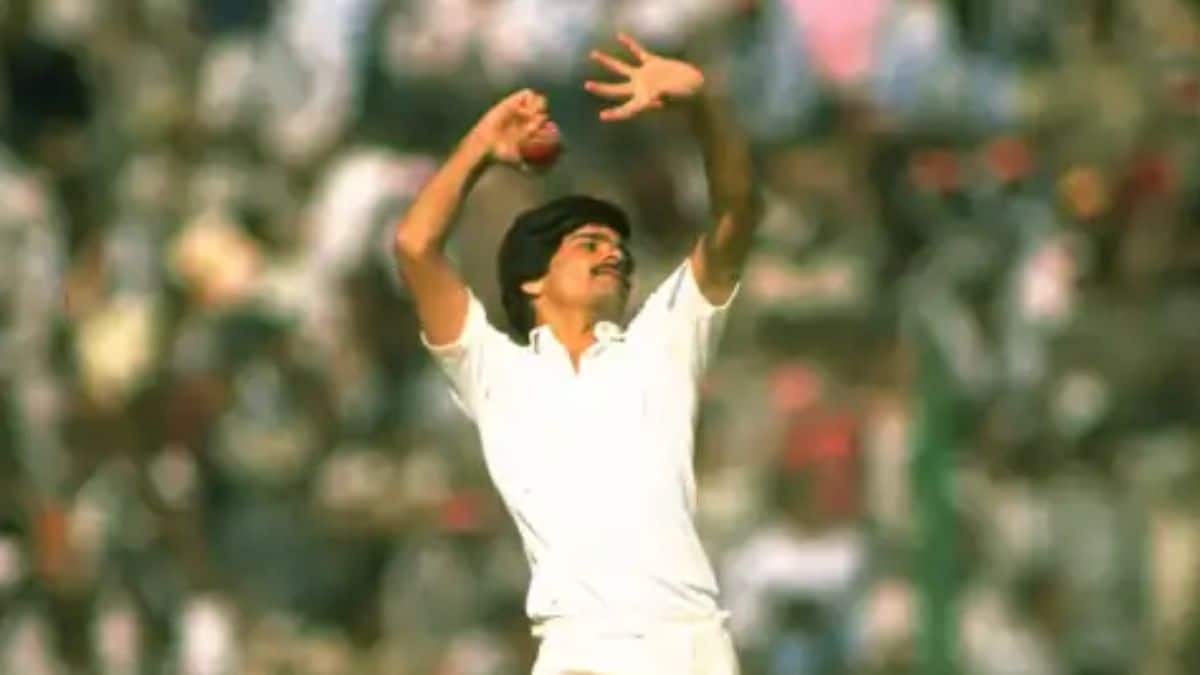In the vast realm of Indian cricket, some players manage to make a lasting impression despite their relatively short careers. Arshad Ayub, a cricketer who displayed immense talent during his time, falls into this category. Despite his international career spanning a brief period, Ayub’s contributions and accomplishments should not be underestimated. This article delves into the cricketing journey of Arshad Ayub, shedding light on the impact he made during his time on the field.
Born on December 12, 1958, in Hyderabad, India, Arshad Ayub grew up in a city renowned for its cricketing heritage. He honed his skills and emerged as a promising all-rounder. Ayub made his debut in first-class cricket for Hyderabad in 1978, swiftly establishing himself as a player to watch. His ability to excel with both bat and ball caught the attention of selectors, leading to his inclusion in the national team.
Arshad Ayub made his international debut for India in 1987 during a One-Day International (ODI) match against Pakistan. His impact was immediate as he showcased his skills as an effective off-spin bowler and a valuable lower-order batsman. Ayub’s accurate and crafty bowling troubled batsmen, earning him crucial wickets at pivotal moments.
One of Ayub’s most notable performances came during the 1987 World Cup. In a crucial match against New Zealand, he claimed four wickets, playing a pivotal role in India’s victory. Ayub’s ability to break partnerships and control the run flow made him an invaluable asset in limited-overs cricket.
Moreover, Ayub wasn’t just a capable bowler but also possessed a solid batting technique. His contributions in the lower order often played a critical role in reviving or accelerating India’s innings. Ayub’s versatility and reliability as a player who could contribute across different aspects of the game set him apart.
Despite his initial success, Arshad Ayub faced challenges during his international career. He had to contend with competition from other talented spinners like Maninder Singh and Narendra Hirwani. Ayub’s appearances for India were sporadic, preventing him from establishing a permanent place in the team. However, his impact in the limited opportunities he received was undeniable.
After representing India in 32 ODIs, Ayub’s international career came to an end in 1990. Nevertheless, he continued to excel at the domestic level, playing for Hyderabad and even captaining the team. Ayub’s leadership skills and all-round contributions played a significant role in the success of his state team.
Following his retirement from professional cricket, Arshad Ayub remained connected to the game in various capacities. He ventured into coaching and served as a selector for the Indian team. Ayub’s extensive experience and cricketing knowledge have earned him respect within the cricketing fraternity.


